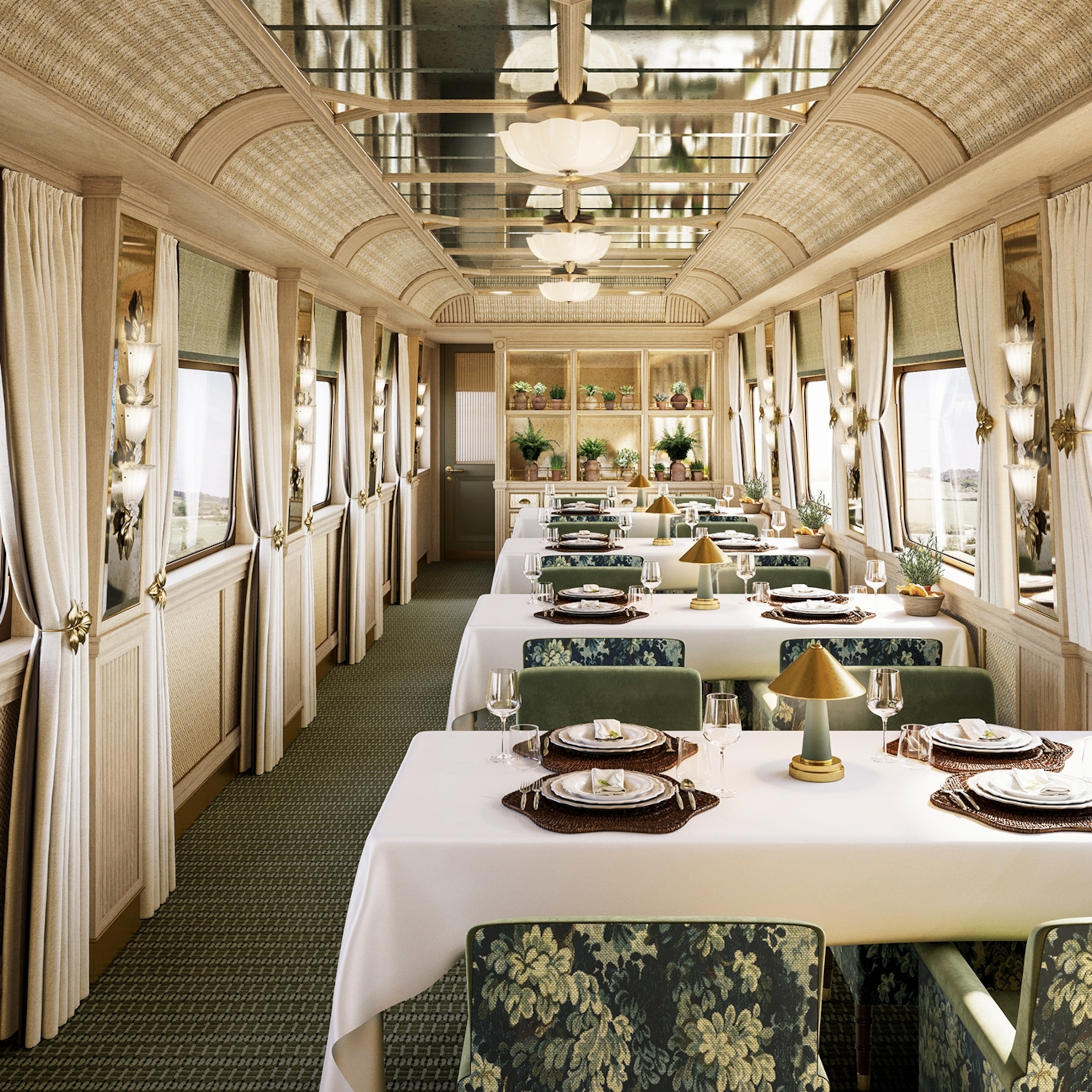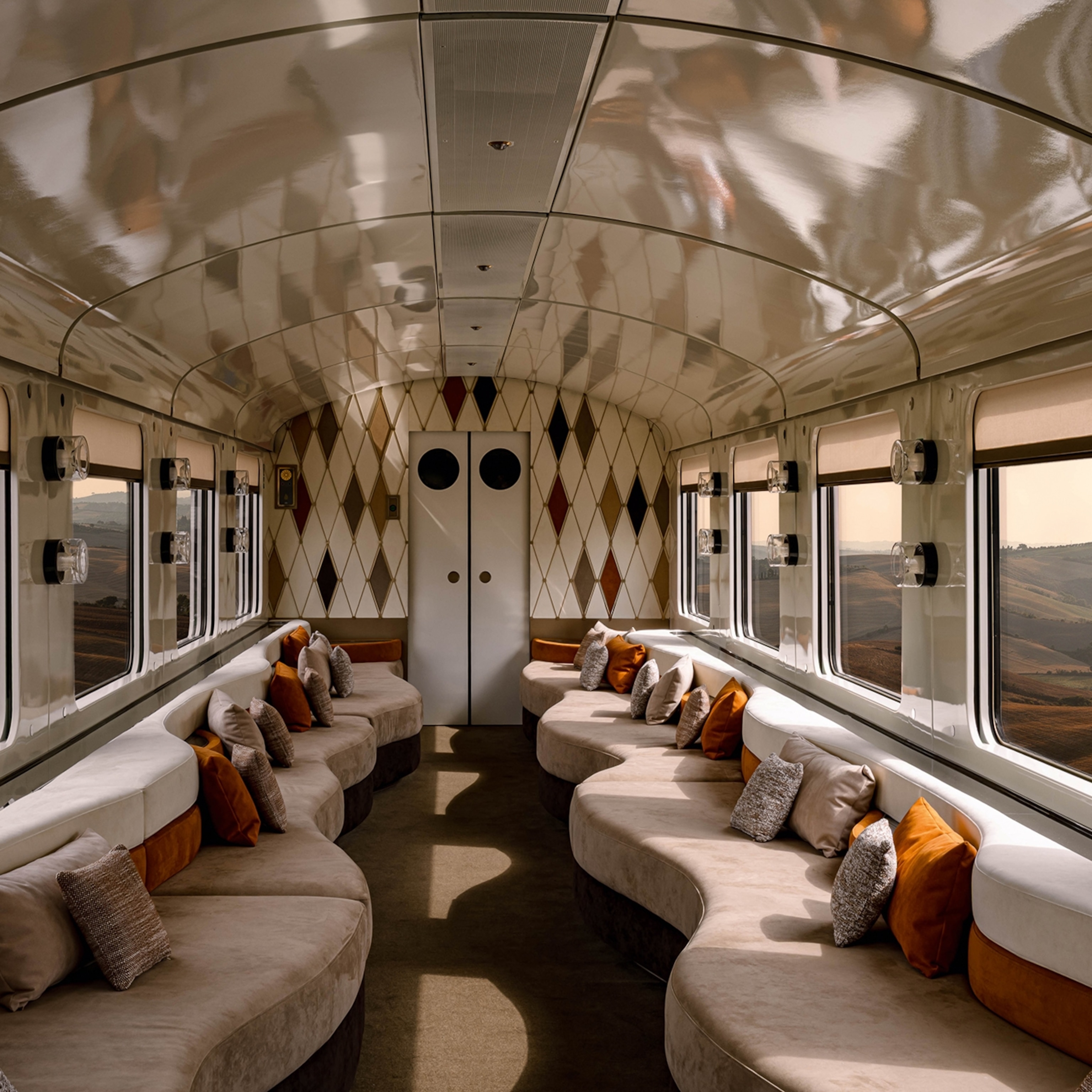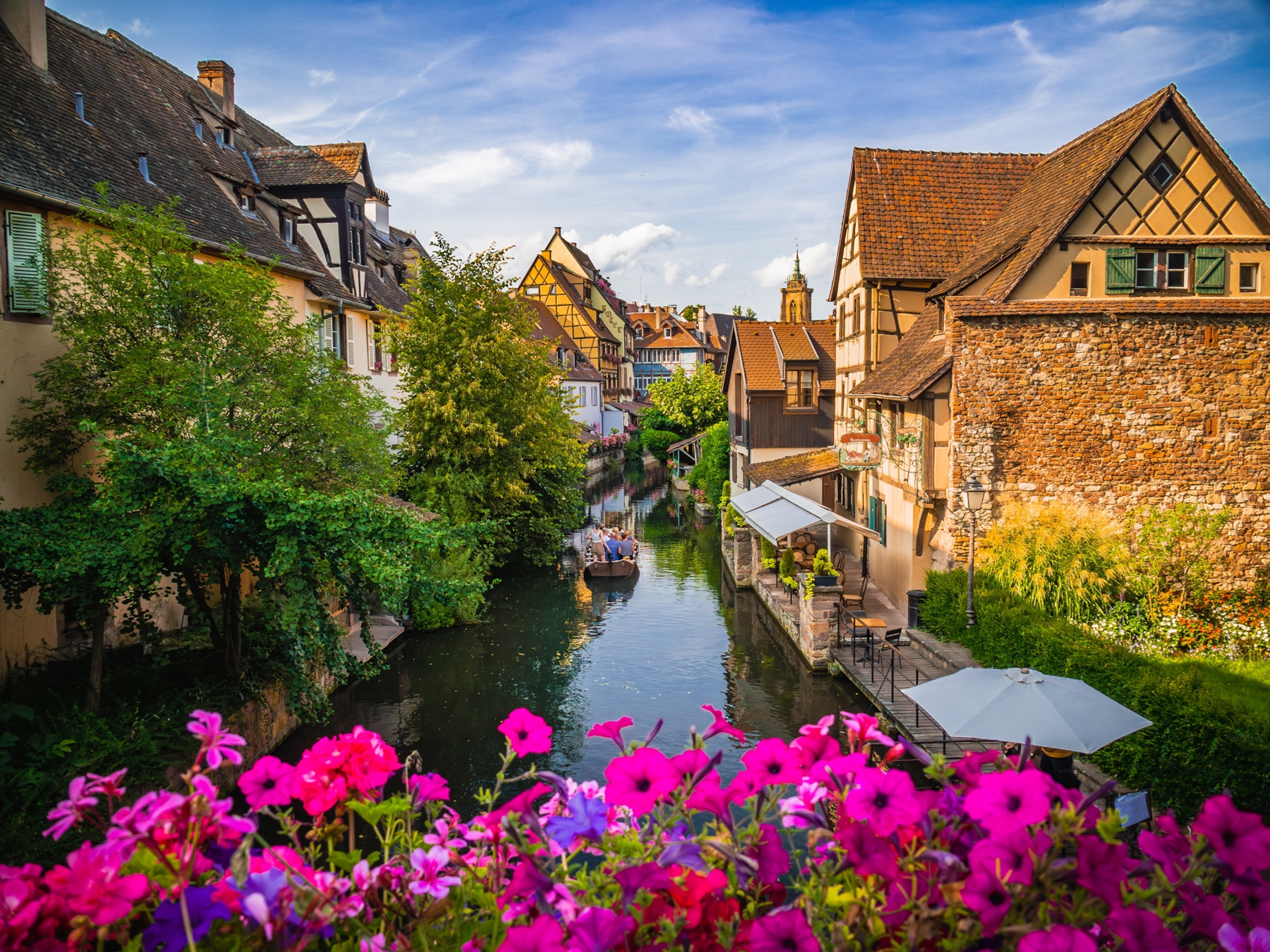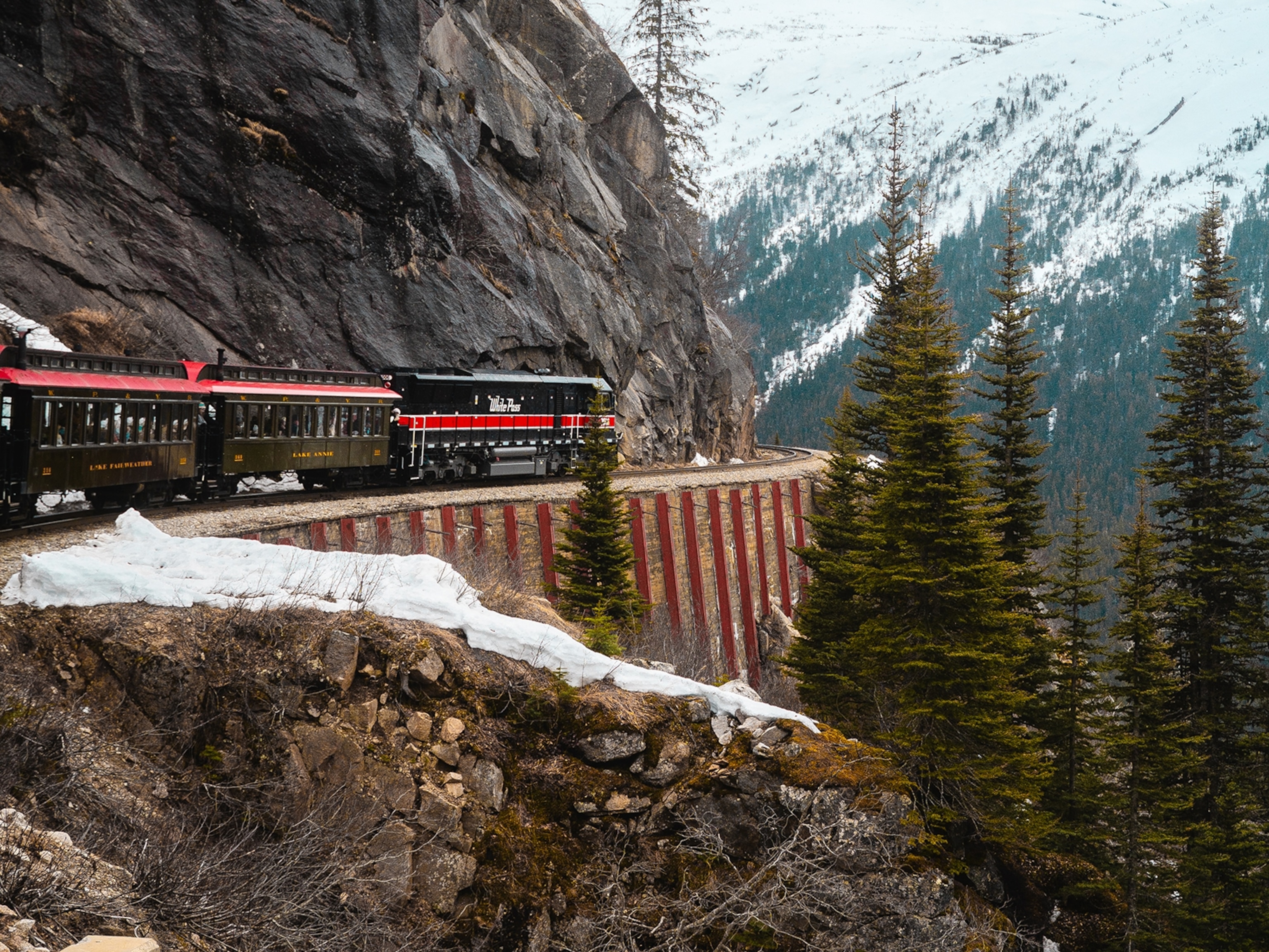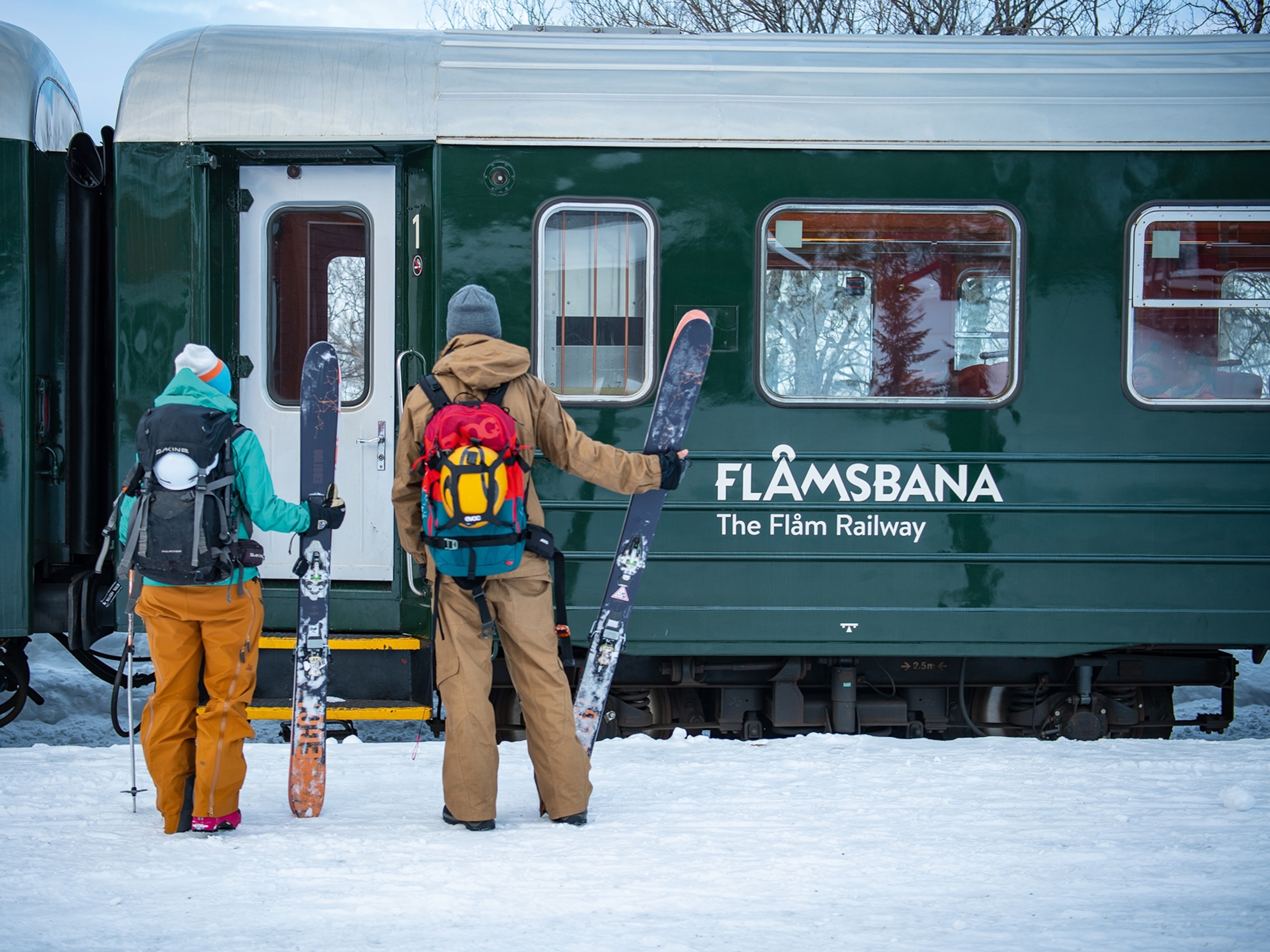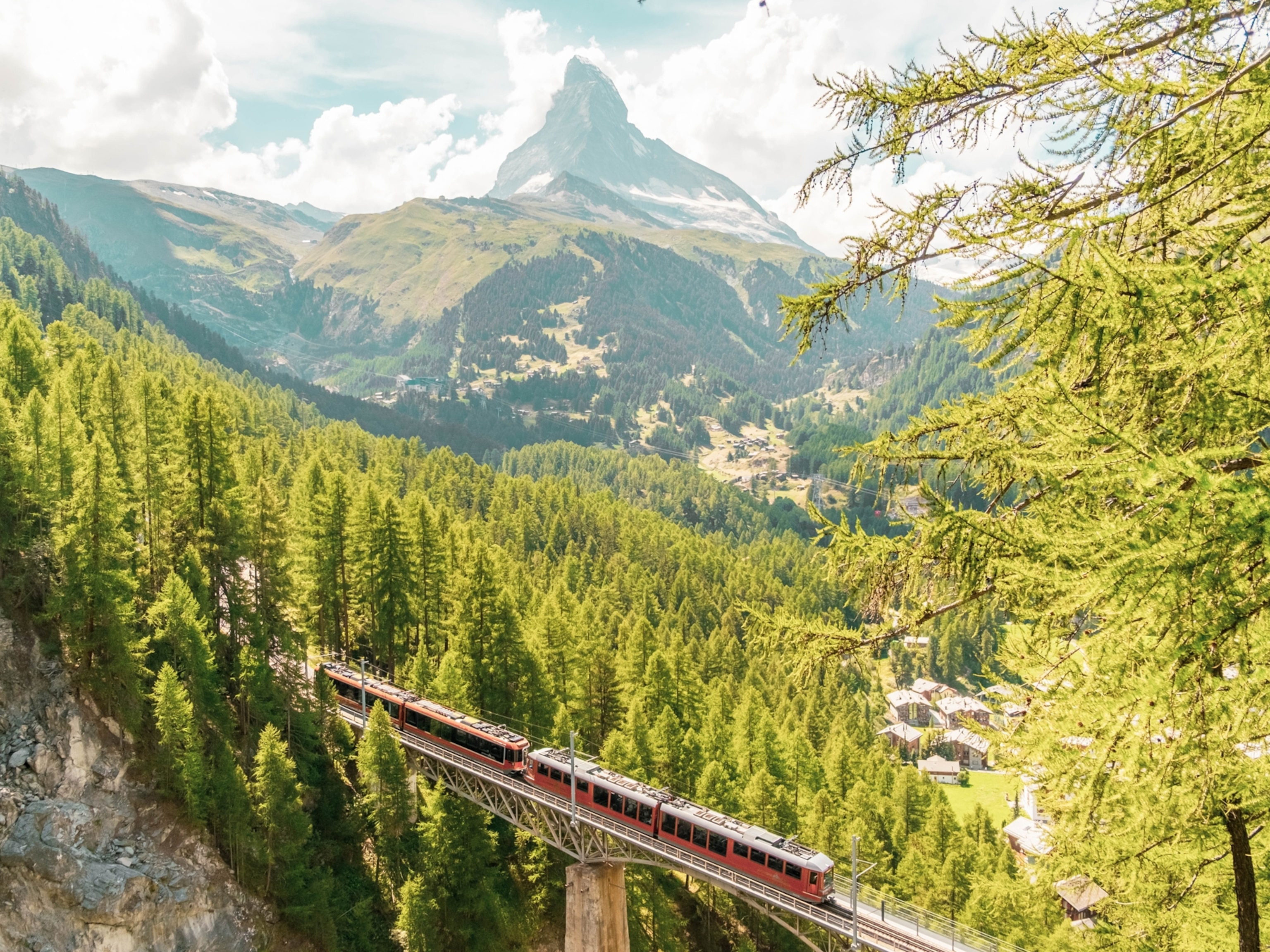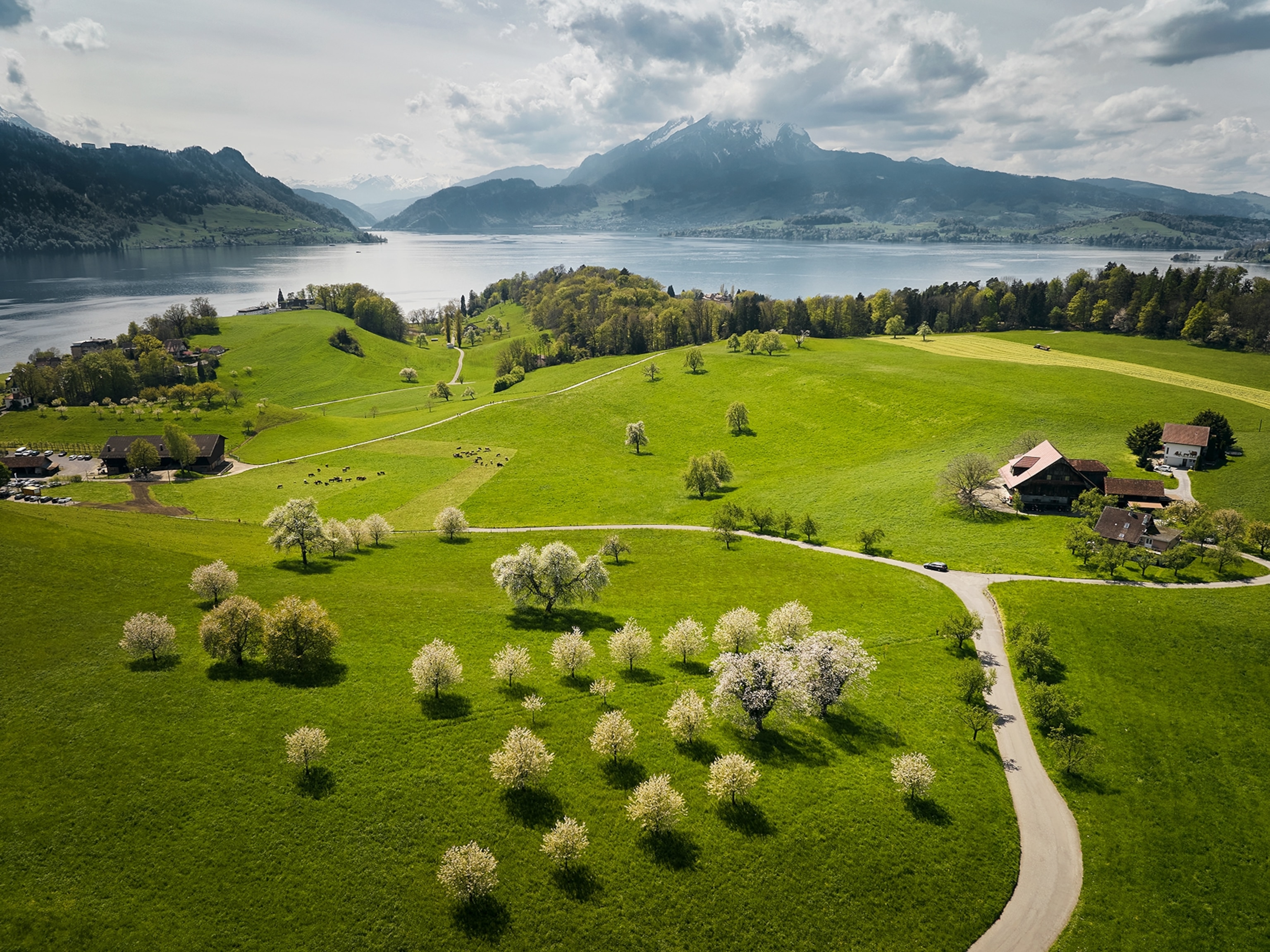
Theroux Revealed
One on One
From the April 2009 issue of National Geographic Traveler
The celebrated writer turns his eye toward the changing travel experience.
In 2000, I traveled through parts of India with Paul Theroux, who, with 20 nonfiction books and 30 works of fiction to his credit, is a prolific, incisive observer of the human condition—and the ultimate traveler. A demonstration had closed down the Agra-Jaipur road and we were stranded amid hundreds of seething Indians who would not let us pass. We sneaked around the edges of the crowd and reached a jeep on the opposite side of the barricade. In pidgin Hindi and with perhaps $20 in baksheesh, Theroux persuaded the driver to turn his jeep around and take us jouncing along dusty, camel-crowded riverbeds to a hotel—proof that Theroux knows how to deal with all that travel throws at you. He made his mark in 1975 with his first travel book, The Great Railway Bazaar, which recounted his journey by train across Europe, the Middle East, and Asia. Since that highly praised work, he has penned best seller after best seller, including The Old Patagonian Express, The Happy Isles of Oceania, and The Mosquito Coast, the latter made into a movie starring Harrison Ford in 1986. Born in Medford, Massachusetts, Theroux has truly become a citizen of the world.
In your latest book, Ghost Train to the Eastern Star, you retraced your 1973 Great Railway Bazaar journey. What changed between trips? "Even a rickshaw wallah has a cell phone," an Indian said to me. In 1973 I tried to make two phone calls in four and a half months—one, from Japan, succeeded, the other, from India, failed. Cheap watches and blue jeans were almost unknown in the wider world in 1973, but everyone has them now, in Americanized cultures. In 1973, China was undergoing the Cultural Revolution—the whole of China disrupted with mass hysteria—and now, of course, the Chinese manufacture most of our goods.
What's stayed the same? Undoubtedly village life in rural India—the pattern of harvest, or drought, debt, hunger, and the pieties of Hinduism. This in great contrast to parallel developments in information technology.
What surprised you? The forgiveness in Vietnam. After we dropped over seven million tons of bombs, 13 million gallons of Agent Orange, and killed millions of their people, Americans are greeted politely, welcomed, urged to have some noodles. It's a great lesson to anyone familiar with other wars and atrocities.
Anything disappoint you? That the Burmese/Myanmar government is still military and tyrannical after 20 years in power, and the Burmese people so poor and without representation.
Our book reviewer, Don George, recently said that you seem happier in your new book than you were when you wrote The Great Railway Bazaar. Do you agree? I don't know about "happier," but I am more patient, because I have more time and more money, and I have done this sort of thing a few times. The Great Railway Bazaar trip was my maiden voyage as a traveling writer and I was anxious for it to succeed.
How has the travel experience changed in your lifetime? In some places, immensely. It's so easy to go to Albania and Sri Lanka now. But it's much harder to go to the Congo, Somalia, and Afghanistan, for obvious reasons.
Do you still enjoy travel—or has it become a busman's holiday? I take all travel seriously and always keep a journal, no matter where I go. But as I get older I miss home more.
What's your preferred mode of travel? The train—because I can read, walk around, sleep, talk to people, enjoy a sort of cultural experience, and get off anywhere I wish.
What's the single most crucial thing to take on a trip? A very small shortwave radio, to alert you to world events, the possible horrors of the place you're in, and to give you something to listen to in the hours of the night, when you're alone in the dark.
In your writing, you tend to focus on individuals that you meet. Why? I can't describe places in great sweeping generalizations. I need to speak person-to-person. I describe India and other places as having "the accessible poor." This is not the case in many other places. America, among others, has inaccessible poverty. I often ask Indians and Thais and Burmese and others: What's your name? Where do you live? How many children? How much money do you make? And so forth. Try asking those same questions in Appalachia; Jackson, Mississippi; East St. Louis; or areas of Los Angeles or Brooklyn.
- National Geographic Expeditions
Are there younger writers out there that you admire for their ability to evoke a sense of place? I am not a good judge of younger writers. On my last trip in India I read Lady Chatterley's Lover—don't laugh. It has a tremendous sense of place, the coal fields of the English Midlands side by side with the English pastoral.
What's your next frontier? I have a hankering to go to Greenland. I've been to Brazil but haven't written about it. I found it daunting—so big, so diverse, such a mess. I thought: I must learn Portuguese to get to the bottom of this.
Bees, it turns out, are an environmental barometer. You're a beekeeper. What are your bees telling you these days about the health of the planet? That even Hawaii—once the home of the healthiest bees—is not immune. That no bee is safe from tracheal mite, varroa mite, and the collapse of a hive.
If you could retreat from the life you live now, what would you do—and where? I have spent my whole life searching for the best place to live. I spend the summer on Cape Cod, where I spent my happiest childhood days. I spend the winter in happy Hawaii, bathed in marine sunlight. I make forays to the coast of Maine. These are sun-kissed days. Why retreat?
